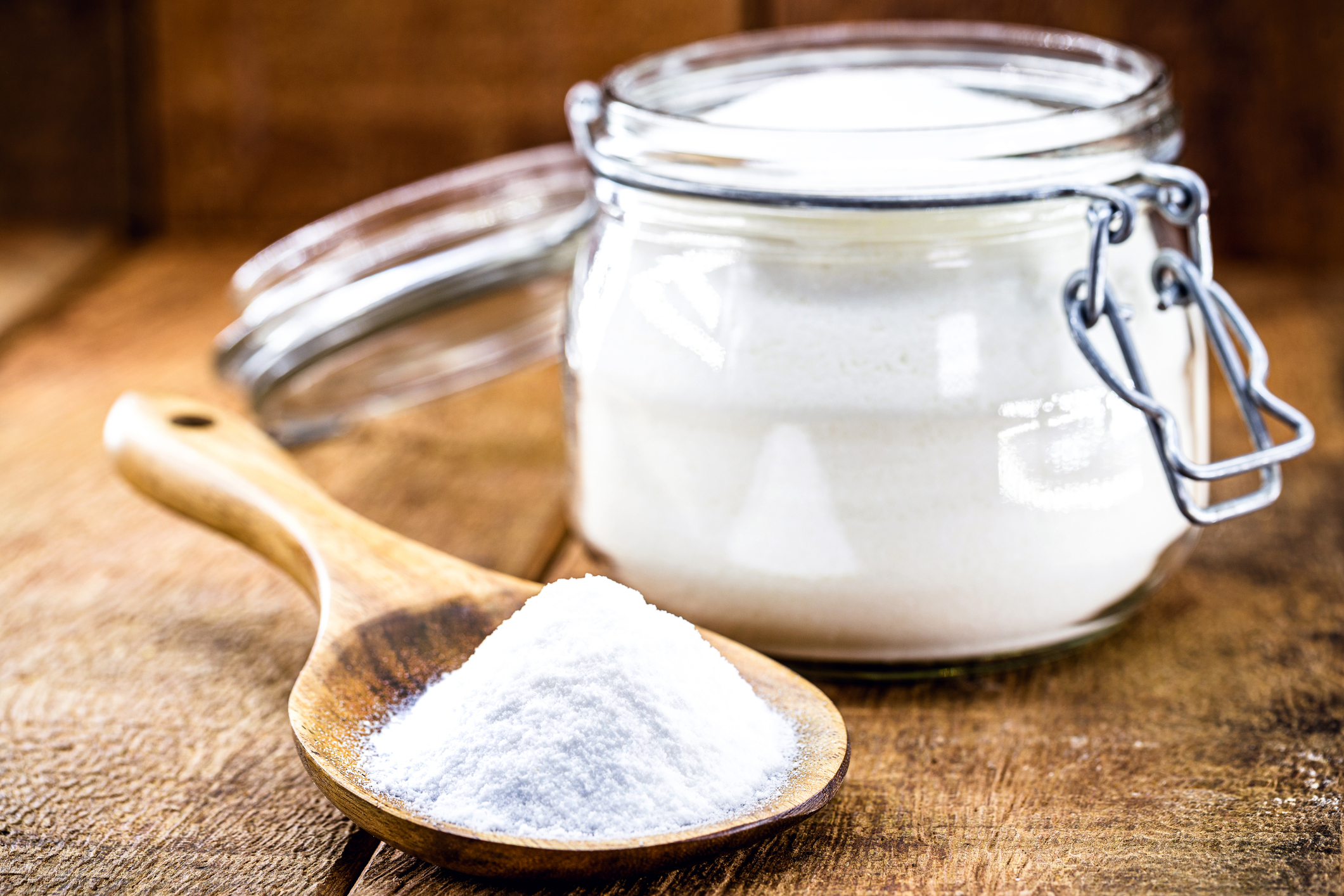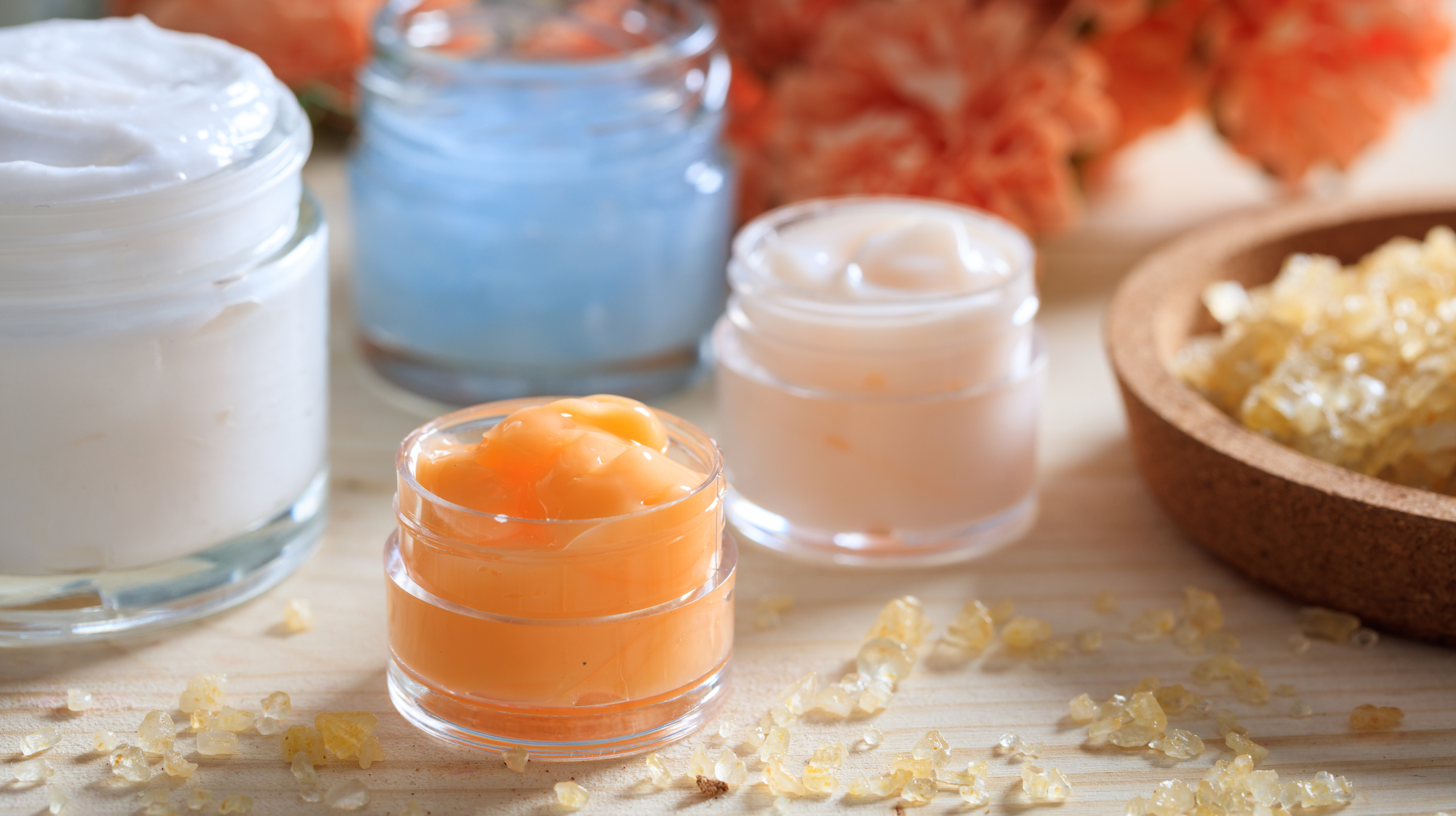Soothing the Sting: Top 5 Remedies for Mouth Sores
Mouth sores, also known as canker sores or aphthous ulcers, are painful lesions that develop in the mouth. They often appear on the cheeks, under the tongue, and on the floor of the mouth, as well as occasionally on the gums. Despite being a common health issue, mouth sores can be incredibly irritating and problematic due to the discomfort they cause during eating, drinking, and talking.
The exact cause of mouth sores is not definitive; however, they can be triggered by nutritional deficiencies, hormonal changes, and excessive stress. Additionally, minor injuries within the mouth resulting from dental work or aggressive brushing might also lead to mouth sores.
Despite the discomfort they cause, most mouth sores are harmless and tend to clear up within a week or two. However, persistent or recurring sore may indicate a more serious underlying health issue that requires medical attention.
While waiting for these sores to heal, here are five effective remedies to alleviate the pain and discomfort they cause.
Salt Water Rinse

One of the simplest and most readily available remedies for mouth sores is a saltwater rinse. This inexpensive at-home remedy can effectively reduce inflammation and heal minor oral wounds thanks to the natural disinfectant properties of salt.
To create a saltwater solution, dissolve half a teaspoon of salt into a cup of warm water. Rinse your mouth thoroughly with this solution for about 30 seconds, swishing it around the mouth before spitting it out. It's advisable to perform this rinse up to three times per day until the mouth sore subsides.
Hydrogen Peroxide

Hydrogen peroxide is a strong antiseptic known for its bacteria-killing properties. It is beneficial in ensuring the oral wound caused by mouth sores remains clean and free from infection.
To harness the healing power of hydrogen peroxide, dilute a 3% solution with equal parts water. Using a cotton swab or cloth, apply the diluted solution to the mouth sore. Allow it to sit for a few seconds before rinsing the mouth with water. This should ideally be done at least once a day.
Milk of Magnesia

Often used as an antacid or mild laxative, milk of magnesia can also provide relief from the sting of mouth sores. It coats the mouth sore and provides a soothing effect, reducing the irritation and speeding up the healing process.
Applying milk of magnesia to the mouth sore can be done using a cotton swab. It should be left on for a few minutes before rinsing the mouth with water.
Topical Creams

There are numerous over-the-counter topical creams available that are specially designed to soothe and protect mouth sores, providing instant relief from pain and discomfort. These creams typically contain active ingredients like benzocaine, menthol, or camphor, which numb the area and reduce inflammation.
These creams must be applied per their respective instructions. Typically, they should be applied to the affected area 2-3 times a day or as needed.
Prevention and Healthy Practices

While having remedies at hand can be helpful, adopting certain preventative measures and healthy practices can help reduce the occurrence of mouth sores. A balanced diet, maintaining oral hygiene, avoiding excessively spicy or acidic food, and managing stress can play significant roles in preventing these painful sores.
Notably, regular exercise can also contribute to stress reduction, reducing the likelihood of developing mouth sores sparked by emotional tension.
Remember, self-care should not just be about managing symptoms but also about adopting healthy habits to prevent discomfort in the first place. If mouth sores persist or worsen despite these remedies, it's crucial to consult a healthcare professional.